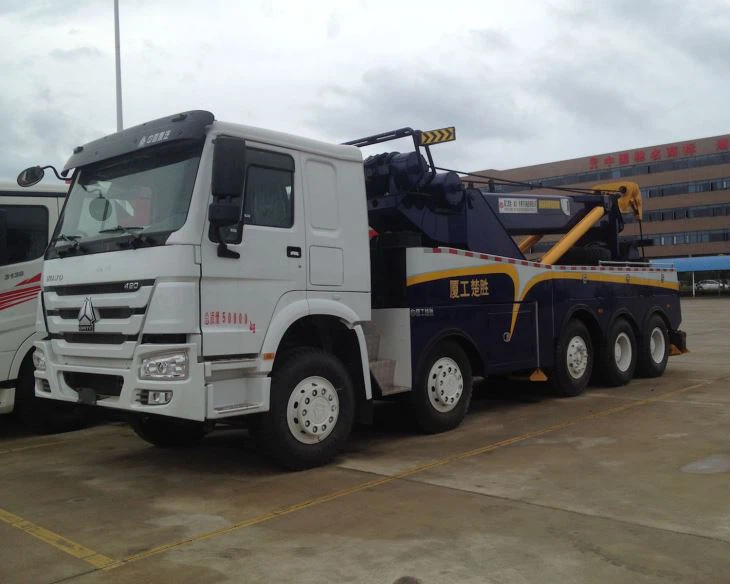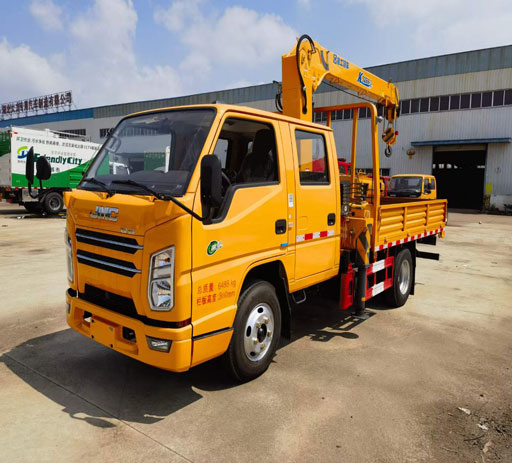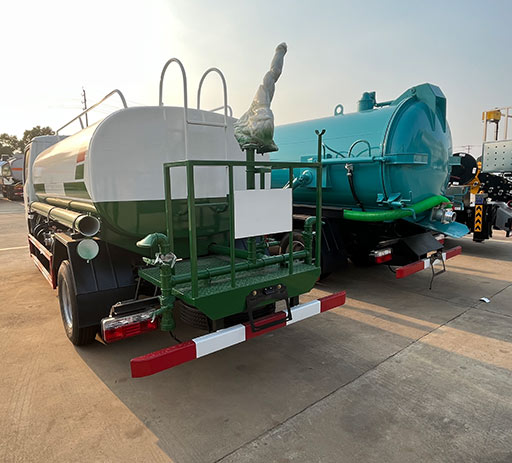Comprehensive Guide to Fire Fighting Equipment Manufacturers

Introduction
Fire fighting equipment is essential for safeguarding lives and property from the devastating effects of fire. Manufacturers of fire fighting equipment play a crucial role in equipping firefighters with the tools and technology necessary to extinguish flames efficiently and effectively. This article will explore the world of fire fighting equipment manufacturers, focusing on their products, innovations, and the significance of choosing quality equipment. We will delve into various categories of fire fighting equipment, the leading manufacturers, industry trends, and frequently asked questions related to fire safety and equipment.
The Importance of Fire Fighting Equipment
Understanding the significance of fire fighting equipment is paramount for both safety professionals and businesses. Quality equipment can greatly enhance the ability to respond to fires and minimize damage. Here are some key reasons why investing in fire fighting equipment is crucial:
1. Saving Lives
The primary purpose of fire fighting equipment is to save lives. Adequate equipment provides firefighters with the means to combat flames and rescue trapped individuals effectively.
2. Protecting Property
Prompt fire response can prevent extensive property damage. Proper tools and apparatus help in quick containment and extinguishment of fires, thus protecting homes and businesses.
3. Compliance with Regulations
Many industries are required to meet specific safety regulations. Having proper fire fighting equipment ensures compliance and helps avoid legal issues.
4. Enhancing Fire Safety Training
With the right tools available, fire departments can train their personnel effectively, ensuring they are prepared for real-life emergencies.
Categories of Fire Fighting Equipment
Fire fighting equipment comes in various forms, each tailored for specific fire-fighting tasks. Below are some of the main categories of fire fighting equipment provided by manufacturers:
1. Fire Extinguishers
Portable fire extinguishers are among the first line of defense in fire emergencies. Manufacturers offer various types categorized by the fires they can combat:
- Class A: For ordinary combustibles like wood and paper.
- Class B: For flammable liquids such as gasoline and oil.
- Class C: For electrical fires.
- Class D: For combustible metals.
- Class K: For kitchen fires involving cooking oils and fats.
2. Fire Hoses
Fire hoses are critical for transporting water and other extinguishing agents to the fire scene. Manufacturers often produce hoses in various diameters and materials to suit different applications.
Types of Fire Hoses
| Type | Application |
|---|---|
| Attack Hose | Used by firefighters to fight fires directly. |
| Supply Hose | Transports water from the source to the pump. |
3. Fire Apparatus
Fire trucks and engines are equipped with essential tools and materials for firefighting. These vehicles are manufactured to be robust and capable of carrying vast amounts of water and equipment.
4. Personal Protective Equipment (PPE)
Firefighter safety gear includes helmets, gloves, boots, and turnout gear. Manufacturers focus on producing high-quality PPE that withstands extreme heat and conditions.
5. Fire Suppression Systems
Automatic fire suppression systems, including sprinklers and foam delivery systems, are crucial for fire prevention in large spaces. Manufacturers design these systems for rapid response and effectiveness.
Leading Fire Fighting Equipment Manufacturers

This section will highlight some of the top manufacturers in the fire fighting equipment industry known for their reliability and innovative products.
1. Tyco SimplexGrinnell
Known for its advanced fire suppression products, Tyco SimplexGrinnell offers a wide array of solutions including fire alarms and sprinkler systems.
2. Honeywell
Honeywell provides a range of fire safety equipment, particularly sensors and alarms that help detect fires at their inception.
3. Dräger
Dräger specializes in producing high-quality respiratory protection equipment for firefighters, ensuring safety during hazardous conditions.
4. Rosenbauer
A leading manufacturer of fire trucks and firefighting vehicles, Rosenbauer is renowned for its innovative fire apparatus technology.
5. MSA Safety
MSA Safety focuses on personal protective equipment (PPE) including helmets and self-contained breathing apparatus (SCBA), ensuring the safety of firefighters.

Innovations in Fire Fighting Equipment
The fire safety equipment industry continually evolves, introducing various innovations aimed at improving safety and efficiency.
1. Smart Firefighting Technology
IoT devices are being incorporated into fire fighting equipment to provide real-time data on fire conditions, enhancing situational awareness for firefighters.
2. Drones in Firefighting
Drones are being utilized for aerial surveillance, allowing firefighters to assess fire spread and identify hotspots from above, improving tactical decisions.
3. Enhanced Materials
Many manufacturers are focusing on creating gear made from lightweight yet flame-resistant fabrics, enhancing comfort and mobility for firefighters.
Selecting the Right Fire Fighting Equipment
Choosing the right fire fighting equipment is crucial for safety and effectiveness. Here are some practical tips:
1. Assess Your Needs
Evaluate the specific risks your environment poses and choose equipment that addresses those risks effectively.
2. Consult Professionals
Engage with fire safety professionals to gain insight into the best equipment for your specific needs.
3. Review Certifications
Always look for equipment certified by relevant authorities, ensuring reliability and safety standards.
4. Prioritize Training
Proper training is as essential as the equipment itself. Ensure that all users are well-trained in the use of the equipment.
The Role of Regulations in Fire Safety Equipment
Fire safety regulations are vital in ensuring equipment and practices meet safety standards:
1. NFPA Standards
The National Fire Protection Association (NFPA) sets guidelines for fire safety equipment, ensuring it meets performance criteria.
2. OSHA Regulations
The Occupational Safety and Health Administration (OSHA) mandates the use of PPE in workplaces, reinforcing the importance of safety equipment.
Fire Fighting Equipment Maintenance
Regular maintenance of fire fighting equipment is crucial for optimal performance:
1. Routine Inspections
Conduct inspections at regular intervals to ensure all equipment is in working order and ready for immediate use.
2. Professional Servicing
Engage professionals for servicing equipment such as fire extinguishers, hoses, and suppression systems to maintain their effectiveness.
3. Documentation
Keep detailed records of equipment maintenance and inspections to comply with safety regulations and ensure accountability.
Frequently Asked Questions
1. What types of fire extinguishers are available?

Fire extinguishers are classified into different types based on the class of fire they are designed to put out, including Class A, B, C, D, and K fire extinguishers.
2. How often should fire fighting equipment be inspected?
It’s recommended to inspect fire fighting equipment at least once a month to ensure everything is in working order, with more thorough servicing on an annual basis.
3. What should I do if my fire extinguisher is expired?
Expired fire extinguishers should be replaced immediately. It’s crucial to have functional equipment during fire emergencies.
4. How can I choose the right fire extinguisher for my business?
Assess the types of fires that are most likely to occur in your environment and choose extinguishers rated for those classes of fire.
5. What is the importance of training for using fire fighting equipment?
Training ensures that all personnel know how to operate equipment properly and respond effectively in emergencies, significantly improving safety outcomes.
6. Are fire fighting drones legal to use?
While drones are increasingly used in fire fighting, their legality depends on local regulations. Always check with local authorities before deploying drones in fire emergencies.
